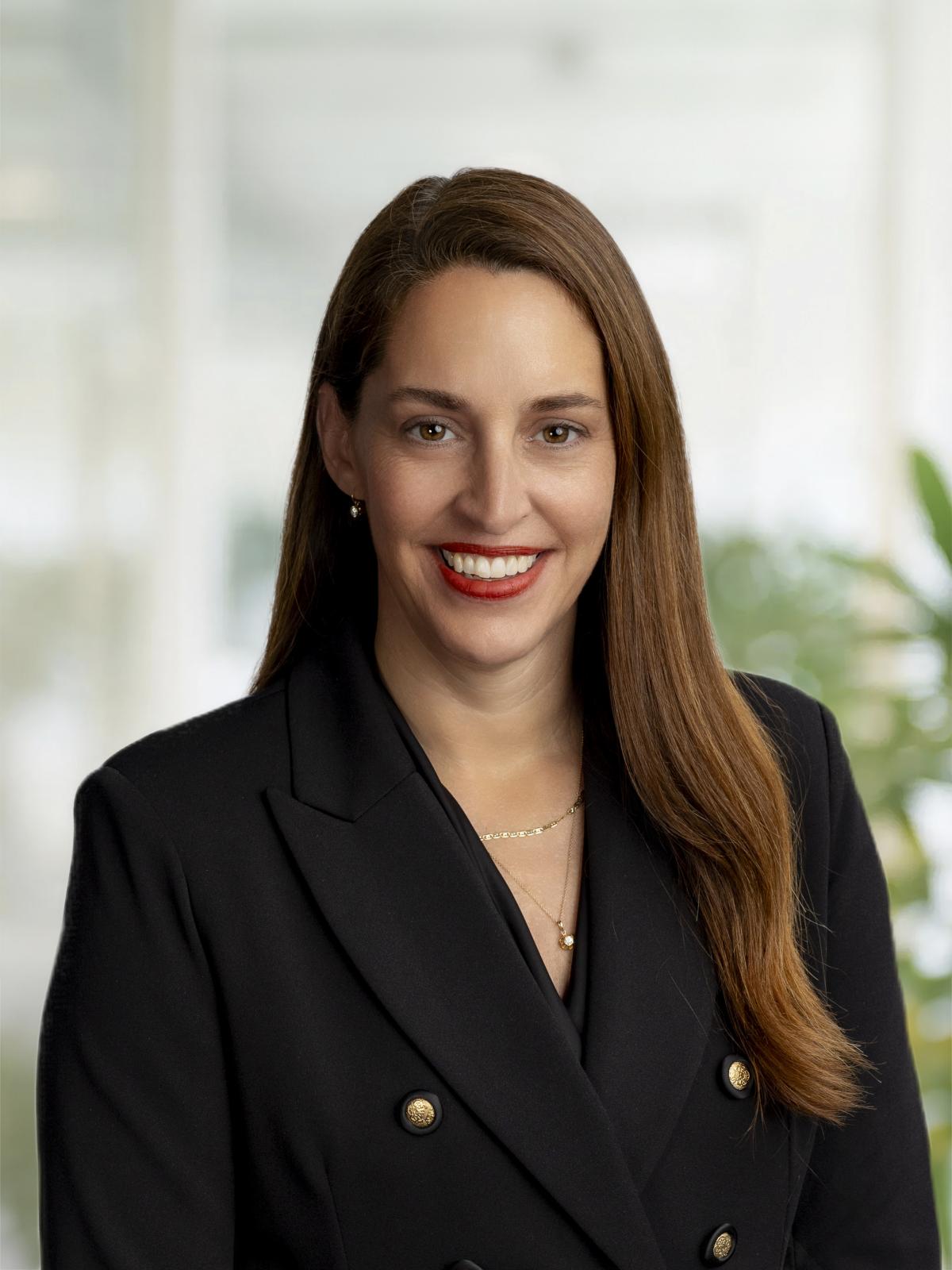
When Amy Hebert (CHE 1994) was growing up in Baton Rouge, Louisiana, she didn’t imagine she’d one day lead a company on the leading edge of climate innovation. But an aptitude test in high school pointed her toward chemical engineering, a field that launched her career path across companies and continents on the way to founding Arcadia eFuels in 2021.
As CEO of Arcadia eFuels, she leads a global team that is working to develop electrofuels, which are synthetic fuels made by combining captured carbon dioxide (CO2) with green hydrogen produced using renewable electricity.
The industry calls these “drop-in fuels” because they can be used in existing engines and infrastructure with no modifications needed.
Arcadia eFuels is currently focused on eSAF (electro-Sustainable Aviation Fuel), a clean alternative to traditional jet fuel for use in today’s aircraft engines. This efuel reduces lifecycle carbon emissions by up to 100 percent, since the CO2 released during combustion is the same CO2 captured to make the fuel.
With facilities in development in Denmark, Texas, and the U.K., Arcadia is proving that carbon-neutral fuels aren’t just possible—they’re commercially viable, Hebert said.
“The chemistry isn’t new,” Hebert said. “It’s the application that’s groundbreaking. We’re not just imagining the future of fuel—we’re building it.”
Career Beginnings
After graduating from Georgia Tech’s School of Chemical Engineering – now School of Chemical and Biomolecular Engineering (ChBE) – in 1994, Hebert began her professional journey at Albemarle, where she spent nearly 20 years growing from process engineer to global vice president of catalysts and executive officer.
In 2014, Celanese recruited Hebert as vice president for Europe and global sales, based in Amsterdam, the Netherlands. She then moved to Copenhagen, Denmark as deputy CEO and chief commercial officer of Haldor Topsoe from 2018 to 2021.
“I loved working with technologies and helping others license them to make fuels,” she said. “But I kept thinking—someone has to actually build the facilities. Why not us?”
That led her to start Arcadia eFuels, based in Austin, Texas, in 2021. Backed by private equity and government support, she aims to create a pipeline of facilities around the globe, with the first plants in Vordingborg, Denmark; Portland/Corpus Christi, Texas; and Teesside, U.K. by the end of the decade.
Her 35-member team is spread across multiple countries but meets in person several times a year. “Our approach is to hire the best people in their fields,” she said. “Our engineering- and efficiency-focused team is dedicated to a vision of producing net zero carbon fuels to power the future while protecting the environment.”
“By one estimate, the eFuels market will be a nearly US$50 billion industry by 2030, showing that eFuels are the future of fuel and a key component in achieving net zero carbon.”
Time at Tech
Hebert credits Georgia Tech with providing the foundation for her career success. “If I didn’t have that chemical engineering background, I wouldn’t be able to do this job.”
Whether it’s scaling new technologies, navigating government policy, or speaking with investors, Hebert believes that her educational foundation is key to her effective leadership.
Georgia Tech attracted her to enroll by the competitive environment she perceived during a campus visit, where she heard a university official say, “Look to your left, and look to your right; one of those people won’t graduate.”
During her undergraduate years at Tech, she enjoyed her involvement with the sorority Alpha Delta Pi, student government, College Republicans, and the track team. “It was a fun time with lots of really smart, respectful people studying together and teaming up for projects.”
Hebert recently joined the External Advisory Board of ChBE@GT. “I love it,” she said. “It’s so much fun to sit in a room with other leaders who all went through the Georgia Tech experience and want to help the School continue to succeed.”
Shaping the Future
A mother of four (and now a recent grandmother), Hebert is acutely aware of the world she’s helping shape for the next generation.
“Sustainability has come into focus in a big way these last five years,” she says.
“It’s not about banning fossil fuels overnight. I’m a firm believer that we’ll still be relying on fossil fuels for the foreseeable future. But I’m passionate about innovating and increasing the use of cleaner alternatives so we can still travel, still move, still live our lives—but with a smaller footprint," she said.